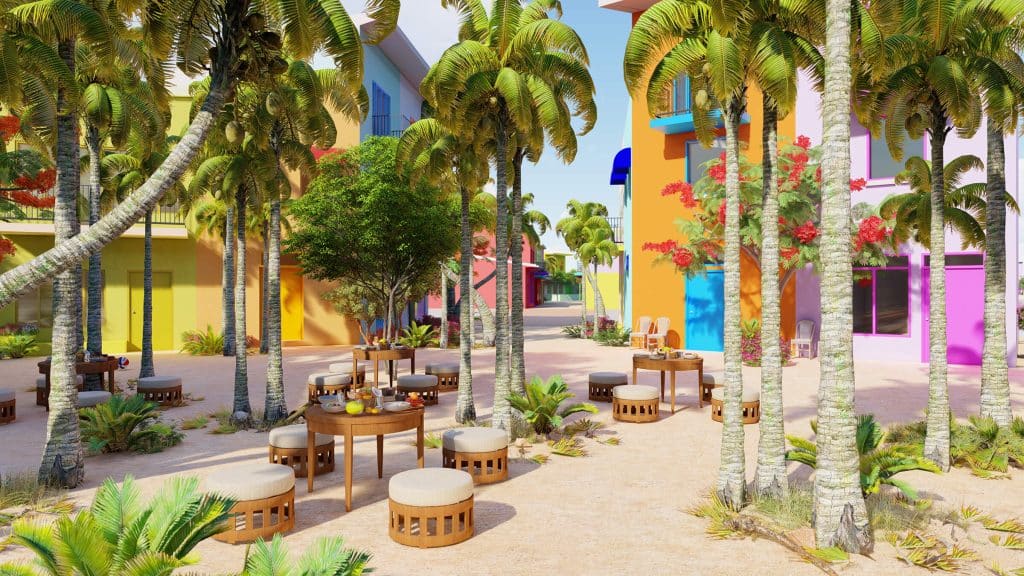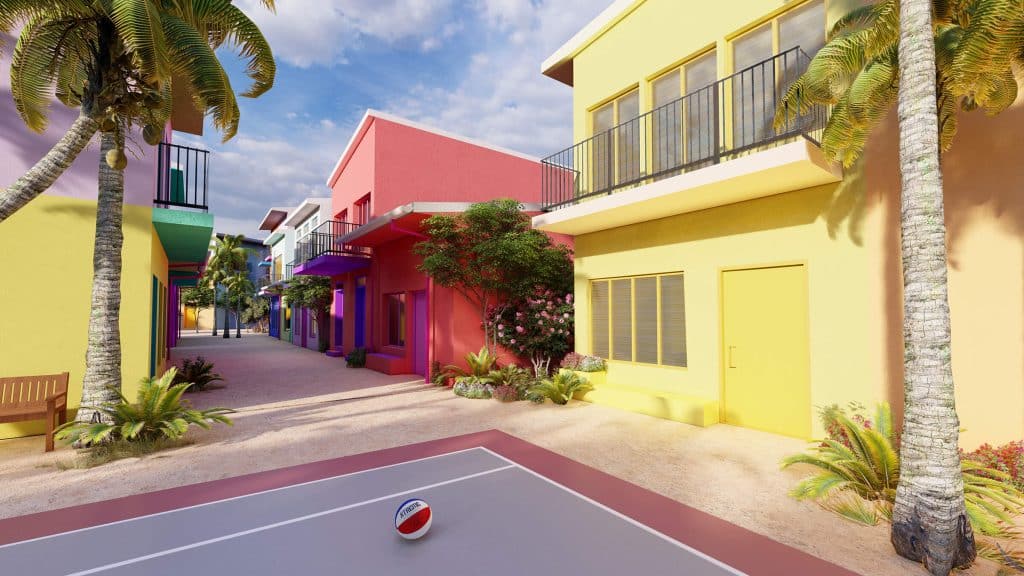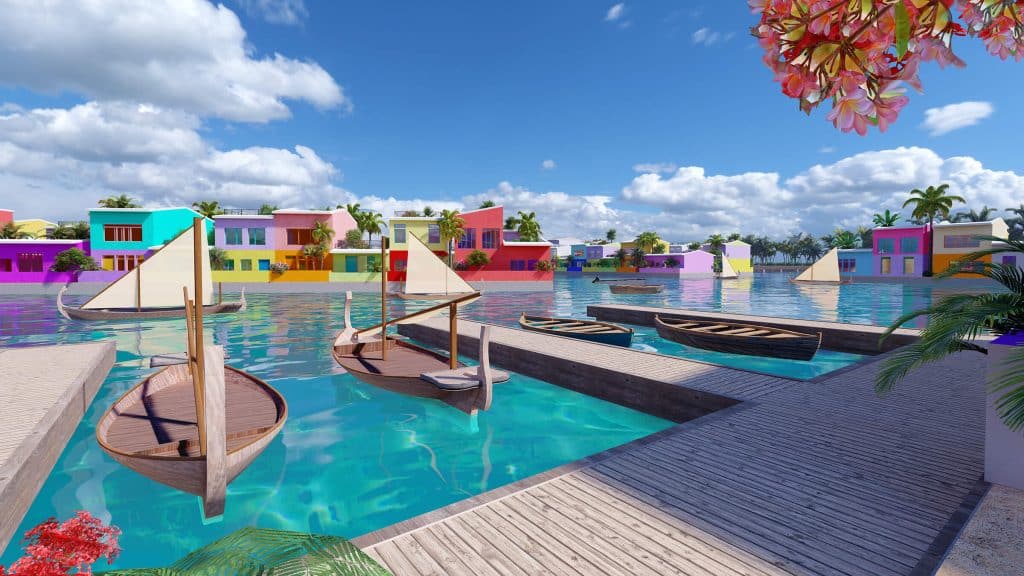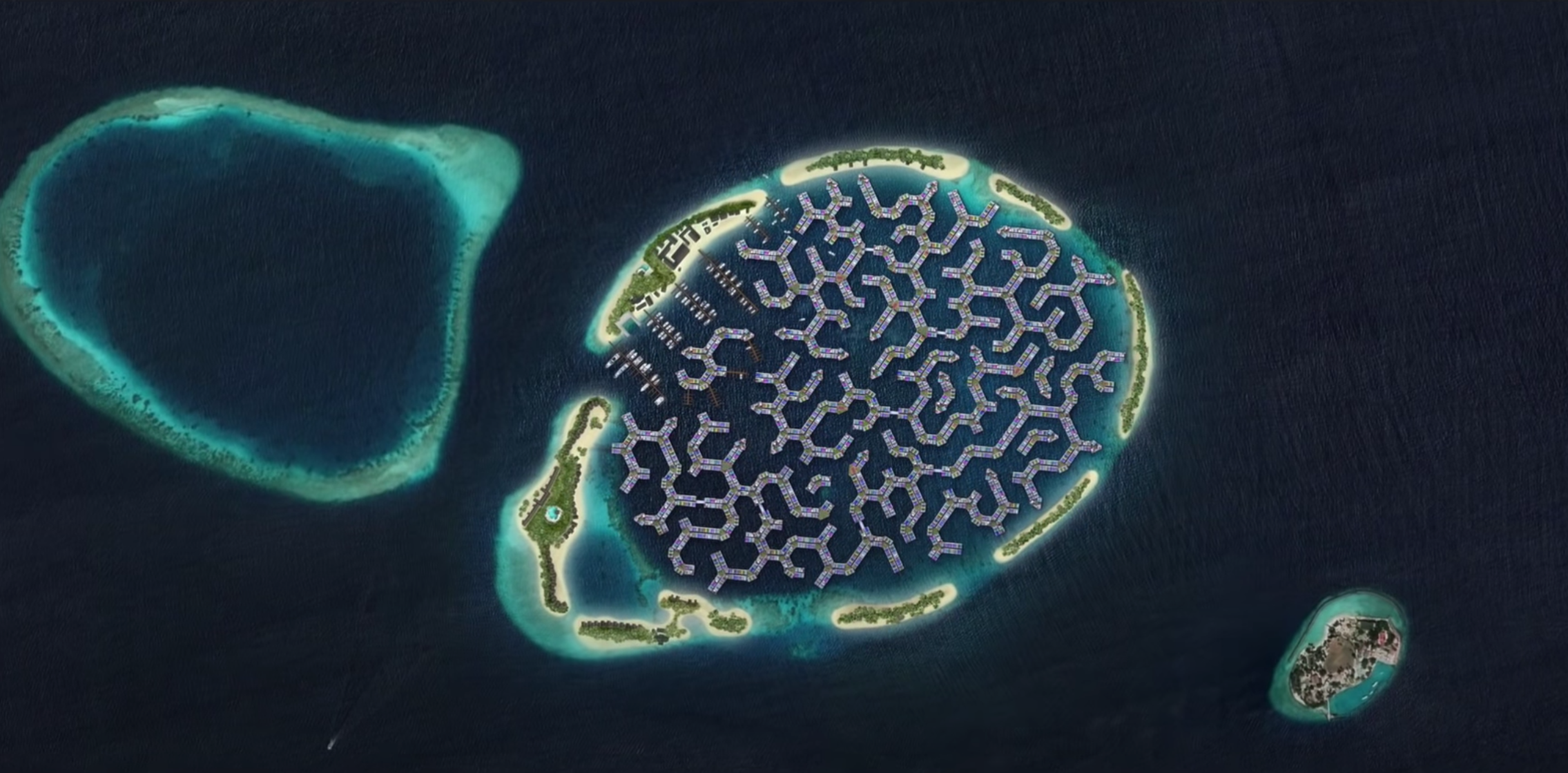The Maldives is building the world’s first floating city to combat rising sea levels, and it could be opening very soon…
Climate change and global warming present one of the greatest existential threats to humanity. While ecologists predict the worst is yet to come, we are already seeing the adverse effects of these threats. Though the global north is only starting to be affected by global warming on a tangible level, the countries worst affected by Global warming are in the global south, nearer to the equator. As such, many countries, especially in the tropics which are some of the most at-risk from climate change, are finding ways to both stave off and react to climate change before it is too late. One such way is a newly created floating city in The Maldives built as a sustainable alternative to traditional cities on land.
Rising sea levels are one of the greatest threats of climate change, threatening to engulf countries underwater. Climate.gov reported that by the end of the century, the global mean sea level is likely to rise at least one foot (0.3 meters) above 2000 levels threatening to wash over low-lying tropical islands. The Maldives, the lowest-lying nation in the world (the highest point in the entire Maldives sits just under eight feet above sea level) thus like a new project could be the beginnings of a real solution to the concerns of their shrinking landmass.



construction for this unprecedented housing project is soon to be underway. The Maldives floating city has gotten the green light for the construction of some 5,000 floating housing units linked together by walkways and tethered to the 200-hectare lagoon floor and just a 15-minute boat ride from Maldivian capital, Malé, with its international airport. The official website boasts the city has a ‘nature-based structure of roads and water canals resembling the beautiful and efficient way in which real brain coral is organized.’
Maldives Floating City is the first floating city with full governmental support, based on a legal framework and title deeds for the owners. pic.twitter.com/JlxXqOxhRO
— Maldives Floating City (@mfloatingcity) April 24, 2021
Though potentially vital in the effort against climate catastrophe, the floating city is being sold as a vacation paradise – a tropical island getaway with a mix of houses, hotels, shops, restaurants and marina Being built under an ‘Integrated Tourism Model’. Offering ‘a revolutionary approach to modern sustainable living perched against a backdrop of the azure Indian Ocean’, the concept photos certainly look picturesque. ‘It’s the world’s first true floating island city — a futuristic dreamscape finally poised to become reality.’
Being built as a private-public partnership between Netherlands-based Dutch Docklands and the Maldivian government, the project has been more than a decade in the making and will act as a blueprint for sustainable developments in the future. any legal and ethical quandaries have been assuaged by Mohamed Nasheed, President of the Maldives from 2008- 2012, who explains:
“This Maldives Floating City does not require any land reclamation, therefore has a minimal impact on the coral reefs, […] What’s more, giant, new reefs will be grown to act as water breakers.”
In spite of its holiday aspirations, the island is first and foremost a vision of the future of climate change and measures to stave off climate catastrophe, whether it’s an optimistic vision of what humanity can accomplish or a pessimistic one of what we had to, it is an important step. Nasheed continues:
“Our adaption (sic) to climate change mustn’t destroy nature but work with it, as the Maldives Floating City proposes. In the Maldives, we cannot stop the waves, but we can rise with them.”













